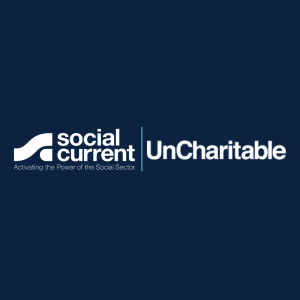November 9, 2023 @ 2:00 pm – 3:00 pm EST
Register for an individual webinar or full series by Aug. 14 to save. No coupon code is needed. Discounts will be applied directly to your cart at checkout.
Early bird rates:
- $50 for one webinar (additional webinars are $65)
- $200 for four-part series
Regular rates:
- $65 for individual webinars
- $235 for four-part series
You’ve heard the adage, “Culture eats strategy for breakfast.” It’s true. We need to acknowledge that if our organizational culture is unhealthy, we will struggle to get our work done. Intentionally building a positive staff culture that reflects the organization’s stated values and beliefs, and is aligned with our strategy, is the pathway to building a resilient and thriving organization.
Organizational culture is the shared values, beliefs, customs, and practices that are part of everyday life in an organization. It effects all operations within an organization. A resilient organization has a shared agreement with the employee that we work together to bring to life our stated values by realizing them in our norms, behaviors, customs, and practices.
This webinar, the third session in the Workforce Well-Being and Resilience learning series explores the ingredients of a positive staff culture, and the steps needed to achieve it. Learn strategies for bringing our organizational values into daily interactions, achieving clear and realistic boundaries and expectations, and aligning our culture and strategy to build resilience and success.
About the Webinar Series
As workforce challenges continue to hinder human services organizations, leaders are searching for concrete action steps to support staff who are emotionally and physically exhausted. Though staff often enter the field excited to make a difference, it can be difficult to keep them connected to the vision and mission of the organization.
This four-part webinar series will delve into core strategies and tactics for supporting staff, such as increasing accountability, managing conflict, nurturing relationships, embracing equity, and achieving excellence. Sessions in this series:
- Embed Brain Science: Sept. 19 from 2-3 p.m. ET
- Foster Candidness through Psychological Safety: Oct. 5 from 2-3 p.m. ET
- Create Culture around Shared Values: Nov. 9 from 2-3 p.m. ET
- Integrate Connection and Community: Dec. 12 from 2-3 p.m. ET
Takeaways
- Define organizational culture
- How to realize organizational values in daily interactions
- How to promote boundaries and expectations that support attitudes and behaviors critical to the agency mission and staff well-being
- Steps for aligning organizational culture and strategy
Who Should Participate
- Executive and senior leaders
- Middle managers
- Human resource staff
- Staff with responsibility for EDI
Individuals who are champions for strengthening the workforce culture, regardless of their title, will benefit. This guidance is relevant for all workforces across the human services ecosystem, including at the community, systems, government, and policy levels.
Presenters
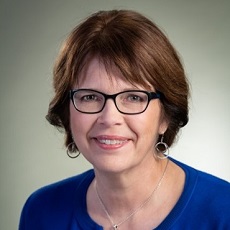
Karen Johnson
Senior Director, Change in Mind Institute
Social Current
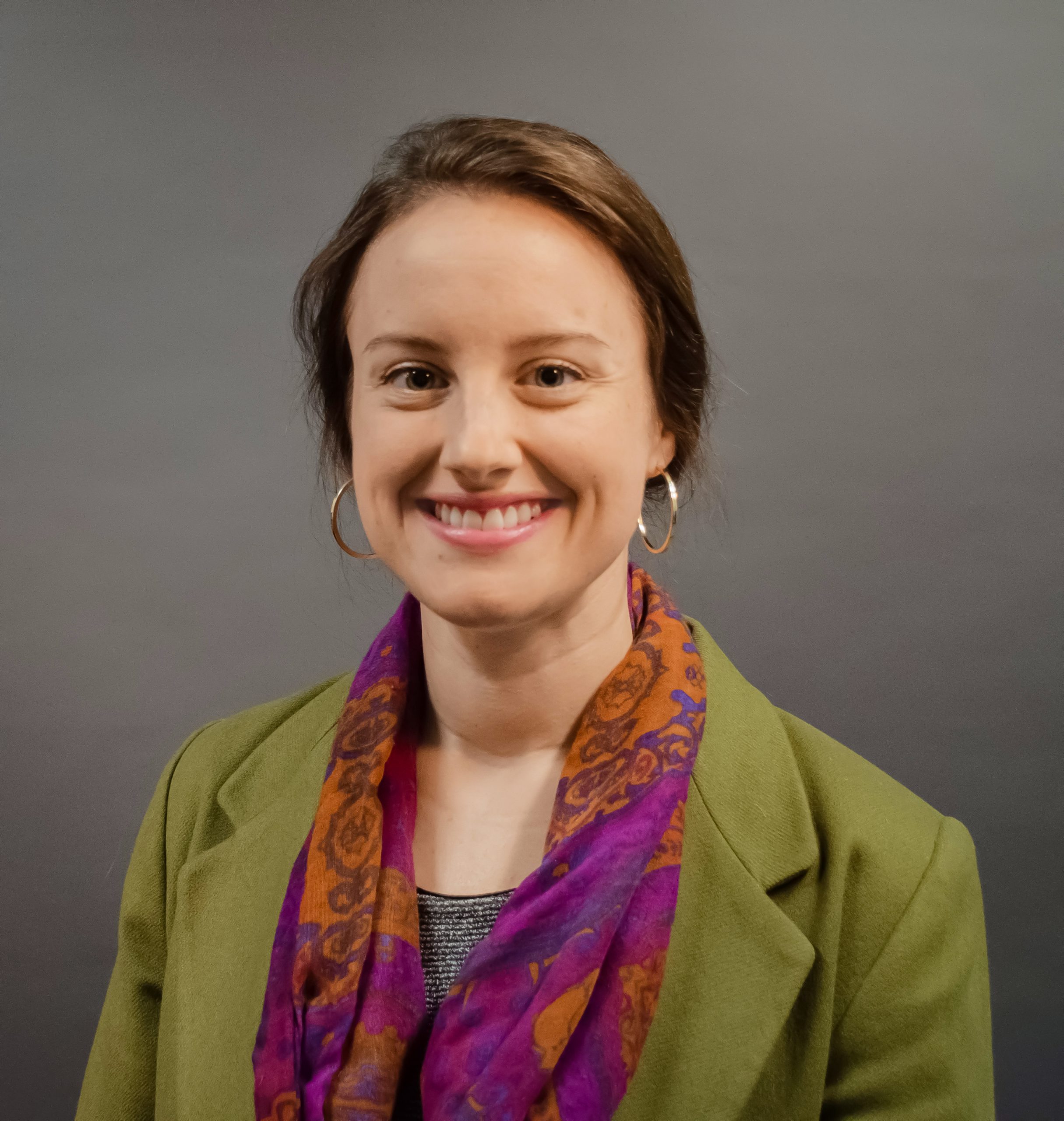
Kelly Martin
Director, Practice Excellence
Social Current
Related Events
October 26, 2023 @ 2:00 pm – 3:00 pm EDT
Join Social Current’s Strategic Industry Partner FlexAMS as they provide an overview of a clinical model used to treat clients through attachment-based and trauma-informed care. They will review types of interventions clinical teams can provide and share general information on client outcomes. Presenters will explain how they utilize an electronic health record to tell the client’s story, identify barriers, and demonstrate progress.
Using an electronic health record (EHR) in a residential setting allows for better integration and communication between direct staff and clinical staff, all of whom are striving for better clinical outcomes. Leadership can identify trends on adverse incidents, restraint use, and other important factors. An EHR also improves record keeping, efficiency, and demonstrating clinical outcomes through reporting capabilities.
Takeaways
- Insight into the Developmental Trauma and Attachment Program (DTAP) clinical model, developed and used by Chaddock in Quincy, Illinois
- Key clinical elements to include in documentation
- How to use documentation to demonstrate client progress and improve reporting capabilities
Who Should Participate
- Clinicians
- Clinical supervisors
- Information technology staff
- Behavioral health leaders
Presenters
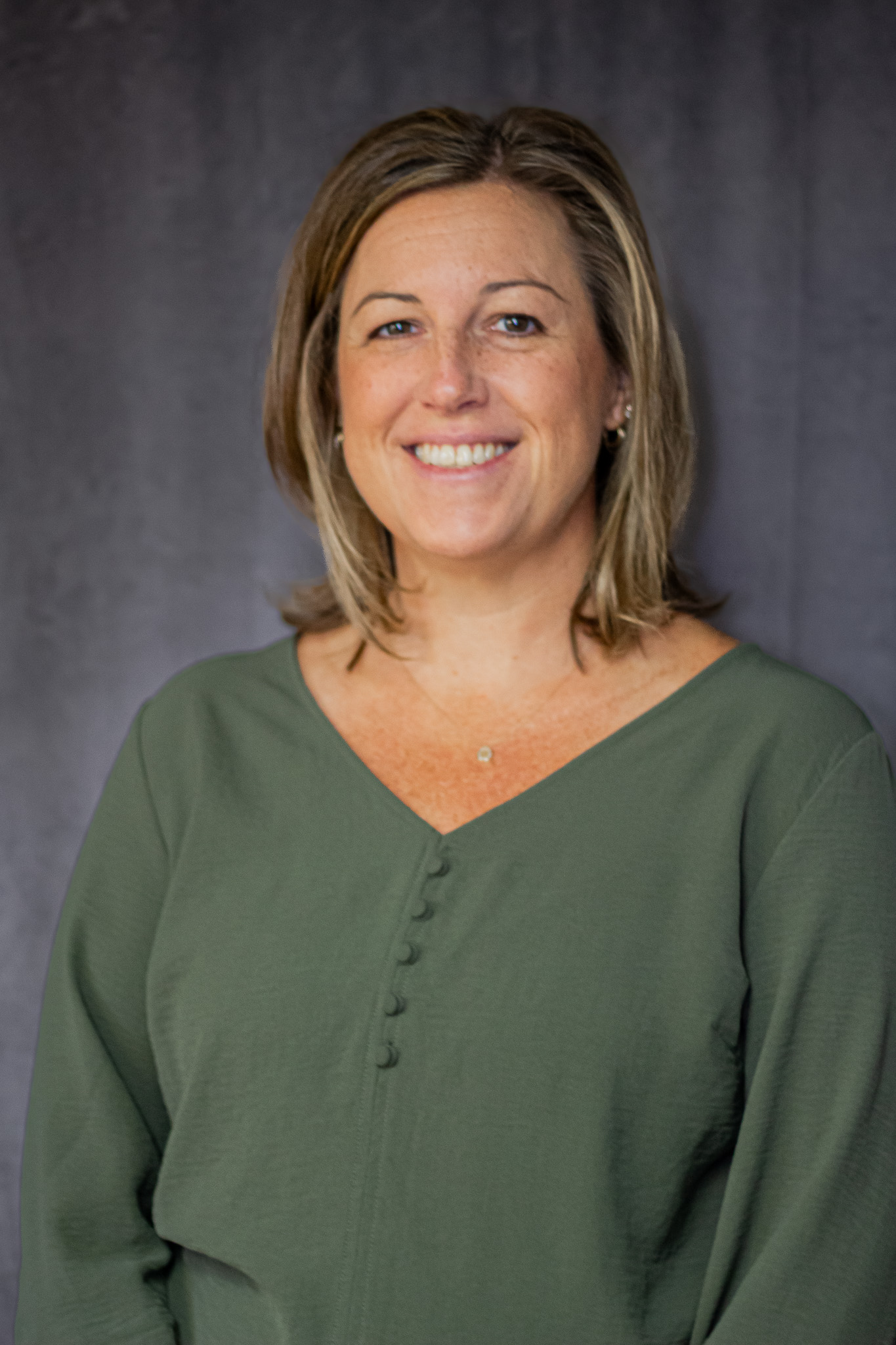
Amanda Becks, MSW, LCSW
Clinical Supervisor,
Chaddock
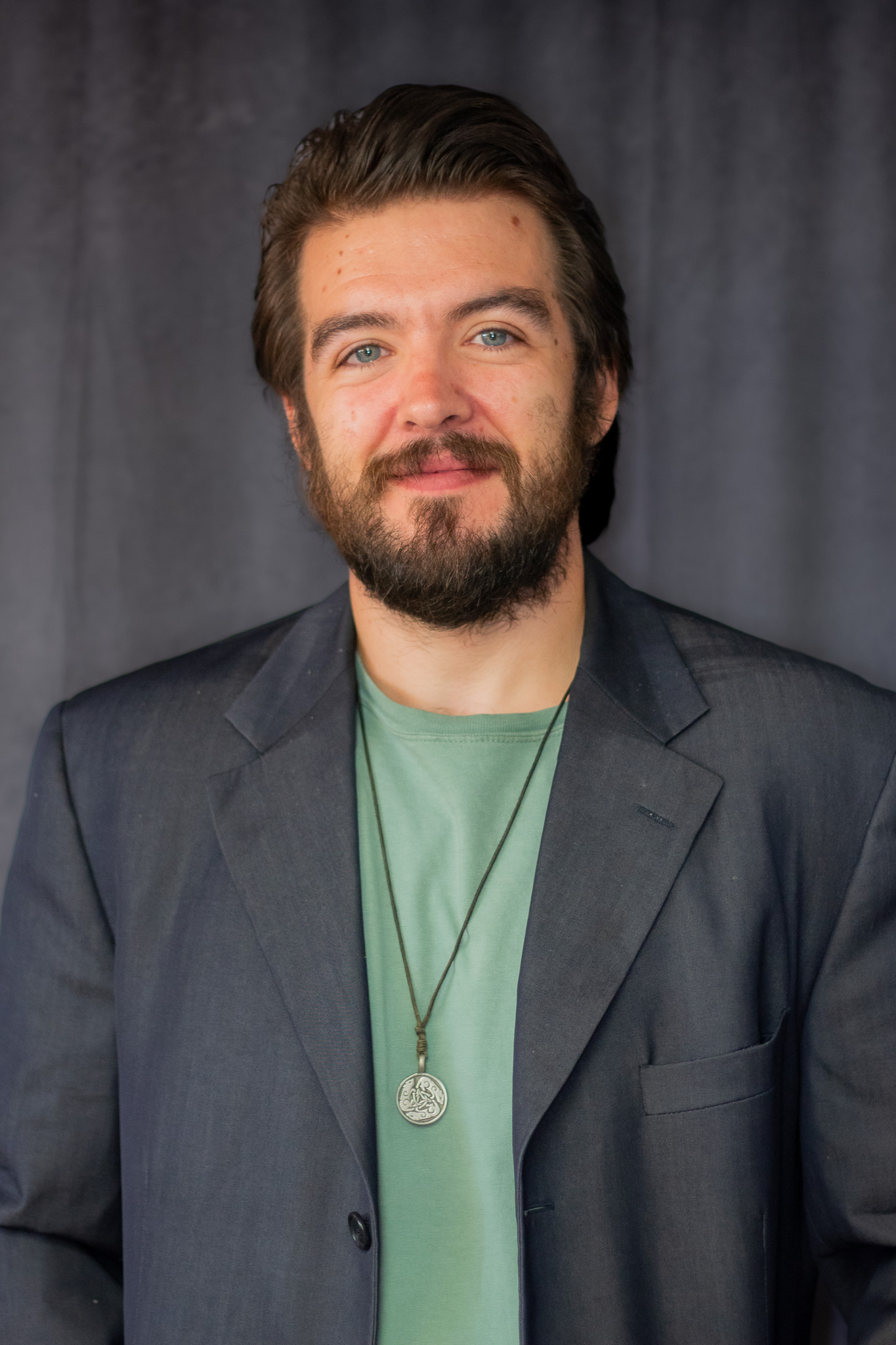
Tim White, MSW, LCSW
Clinical Therapist,
Chaddock
Related Events
November 9, 2023 @ 2:00 pm – 3:00 pm EST
Register for an individual webinar or full series by Aug. 14 to save. No coupon code is needed. Discounts will be applied directly to your cart at checkout.
Early bird rates:
- $50 for one webinar (additional webinars are $65)
- $200 for four-part series
Regular rates:
- $65 for individual webinars
- $235 for four-part series
You’ve heard the adage, “Culture eats strategy for breakfast.” It’s true. We need to acknowledge that if our organizational culture is unhealthy, we will struggle to get our work done. Intentionally building a positive staff culture that reflects the organization’s stated values and beliefs, and is aligned with our strategy, is the pathway to building a resilient and thriving organization.
Organizational culture is the shared values, beliefs, customs, and practices that are part of everyday life in an organization. It effects all operations within an organization. A resilient organization has a shared agreement with the employee that we work together to bring to life our stated values by realizing them in our norms, behaviors, customs, and practices.
This webinar, the third session in the Workforce Well-Being and Resilience learning series explores the ingredients of a positive staff culture, and the steps needed to achieve it. Learn strategies for bringing our organizational values into daily interactions, achieving clear and realistic boundaries and expectations, and aligning our culture and strategy to build resilience and success.
About the Webinar Series
As workforce challenges continue to hinder human services organizations, leaders are searching for concrete action steps to support staff who are emotionally and physically exhausted. Though staff often enter the field excited to make a difference, it can be difficult to keep them connected to the vision and mission of the organization.
This four-part webinar series will delve into core strategies and tactics for supporting staff, such as increasing accountability, managing conflict, nurturing relationships, embracing equity, and achieving excellence. Sessions in this series:
- Embed Brain Science: Sept. 19 from 2-3 p.m. ET
- Foster Candidness through Psychological Safety: Oct. 5 from 2-3 p.m. ET
- Create Culture around Shared Values: Nov. 9 from 2-3 p.m. ET
- Integrate Connection and Community: Dec. 12 from 2-3 p.m. ET
Takeaways
- Define organizational culture
- How to realize organizational values in daily interactions
- How to promote boundaries and expectations that support attitudes and behaviors critical to the agency mission and staff well-being
- Steps for aligning organizational culture and strategy
Who Should Participate
- Executive and senior leaders
- Middle managers
- Human resource staff
- Staff with responsibility for EDI
Individuals who are champions for strengthening the workforce culture, regardless of their title, will benefit. This guidance is relevant for all workforces across the human services ecosystem, including at the community, systems, government, and policy levels.
Presenters

Karen Johnson
Senior Director, Change in Mind Institute
Social Current

Kelly Martin
Director, Practice Excellence
Social Current
Related Events
December 12, 2023 @ 2:00 pm – 3:00 pm EST
Register for an individual webinar or full series by Aug. 14 to save. No coupon code is needed. Discounts will be applied directly to your cart at checkout.
Early bird rates:
- $50 for one webinar (additional webinars are $65)
- $200 for four-part series
Regular rates:
- $65 for individual webinars
- $235 for four-part series
Research from O.C. Tanner Institute notes that, now more than ever, employees are looking for a sense of community at work. People are social animals—we crave a sense of belonging, and to be seen, heard, and valued. An organization is 12 times more likely to thrive when employees feel connected. In essence, a strong work community holds an organization together, especially during challenging times.
Our brains are hardwired for connection. When we build healthy connections with people at work, we are more equipped to tolerate uncomfortable feelings, actively listen, demonstrate empathy, have difficult conversations, and thrive while facing complex work tasks and constant change.
This webinar, the fourth session in our Workforce Well-Being and Resilience learning series, explores the components of healthy connections in the work setting, and strategies for intentionally integrating connection and community across the range of experiences of our employees.
About the Webinar Series
As workforce challenges continue to hinder human services organizations, leaders are searching for concrete action steps to support staff who are emotionally and physically exhausted. Though staff often enter the field excited to make a difference, it can be difficult to keep them connected to the vision and mission of the organization.
This four-part webinar series will delve into core strategies and tactics for supporting staff, such as increasing accountability, managing conflict, nurturing relationships, embracing equity, and achieving excellence. Sessions in this series:
- Embed Brain Science: Sept. 19 from 2-3 p.m. ET
- Foster Candidness through Psychological Safety: Oct. 5 from 2-3 p.m. ET
- Create Culture around Shared Values: Nov. 9 from 2-3 p.m. ET
- Integrate Connection and Community: Dec. 12 from 2-3 p.m. ET
Takeaways
- Define organizational culture
- How to realize organizational values in daily interactions
- How to promote boundaries and expectations that support attitudes and behaviors critical to the agency mission and staff well-being
- Steps for aligning organizational culture and strategy
Who Should Participate
- Executive and senior leaders
- Middle managers
- Human resource staff
- Staff with responsibility for EDI
Individuals who are champions for strengthening the workforce culture, regardless of their title, will benefit. This guidance is relevant for all workforces across the human services ecosystem, including at the community, systems, government, and policy levels.
Presenters

Karen Johnson
Senior Director, Change in Mind Institute
Social Current

Kelly Martin
Director, Practice Excellence
Social Current
Related Events
September 19, 2023 @ 2:00 pm – 3:00 pm EDT
Register for an individual webinar or full series by Aug. 14 to save. No coupon code is needed. Discounts will be applied directly to your cart at checkout.
Early bird rates:
- $50 for one webinar (additional webinars are $65)
- $200 for four-part series
Regular rates:
- $65 for individual webinars
- $235 for four-part series
The human services field has made strides in raising awareness around the urgency of building healthy brains in new babies and young children. Early childhood resilience strategies such as “serve and return” are now commonly built into trainings and practice. However, the field has been slow to translate emerging brain science into learnings and practices with adults and our workforce.
To be well at work, especially in complex and stressful settings, we need to understand basic brain concepts and embrace practices and behaviors that support optimal brain functioning. Stress, distress, and trauma interrupt our ability to access our “thinking brain” and, without intervention, keep us in our survival or lower brain, where we struggle to think, problem solve, focus, or manage conflict.
Regulation, a basic strategy for calming our lower brain, is integral to a healthy workforce. Practicing brain-based interventions, such as Dr. Bruce Perry’s sequence of engagement – regulate, relate, reason (3 Rs), helps us achieve better outcomes. Our staff will experience increased trust, stronger relationships, candid conversations, and more accountability.
This webinar, the first session in the Workforce Well-Being and Resilience learning series, focuses on the importance of embracing brain science awareness in our work settings. We explore the neurobiology of stress, distress and trauma, the arousal continuum, and strategies for practicing daily regulation activities at work and building a brain friendly culture that leads to resilience and success.
About the Webinar Series
As workforce challenges continue to hinder human services organizations, leaders are searching for concrete action steps to support staff who are emotionally and physically exhausted. Though staff often enter the field excited to make a difference, it can be difficult to keep them connected to the vision and mission of the organization.
This four-part webinar series will delve into core strategies and tactics for supporting staff, such as increasing accountability, managing conflict, nurturing relationships, embracing equity, and achieving excellence. Sessions in this series:
- Embed Brain Science: Sept. 19 from 2-3 p.m. ET
- Foster Candidness through Psychological Safety: Oct. 5 from 2-3 p.m. ET
- Create Culture around Shared Values: Nov. 9 from 2-3 p.m. ET
- Integrate Connection and Community: Dec. 12 from 2-3 p.m. ET
Takeaways
- Brain science concepts and strategies to increase resilience in the workplace
- State dependent functioning and the arousal continuum, and their application to daily work
- Practical tools and strategies for increasing regulation
- Strategies for building a brain friendly culture that enhances our optimal functioning at work
Who Should Participate
- Executive and senior leaders
- Middle managers
- Human resource staff
- Staff with responsibility for EDI
Individuals who are champions for strengthening the workforce culture, regardless of their title, will benefit. This guidance is relevant for all workforces across the human services ecosystem, including at the community, systems, government, and policy levels.
Presenters

Karen Johnson
Senior Director, Change in Mind Institute
Social Current

Kelly Martin
Director, Practice Excellence
Social Current
Related Events
June 13, 2023 @ 1:00 pm – 2:00 pm EDT
CEOs of community-based organizations have always needed to be nimble, pivot quickly, and seize strategic opportunities to grow. But given the ever-shifting landscape related to the COVID-19 pandemic, changing reimbursement methodologies, transitions to integrated service delivery models, and more, chief executives are now, more than ever, facing opportunities—or the need—to scale rapidly.
Rapid growth can be the result of intentional long-term planning strategies or responses to pandemic-related or other unexpected opportunities. Regardless of the circumstance, CEOs must navigate many complex factors including acquiring capital, building infrastructure, addressing workforce needs, leveraging public policy advocacy to support efforts , navigating bureaucracy , managing boards, and developing new partnerships.
The good news is that you don’t need to figure this out alone. Join us for an intimate and engaging CEOs-only conversation about successes, failures, and lessons learned related to recent rapid scaling efforts. Social Current’s CEO SPARK Exchange invites you to be a part of this first of four CEO-only conversations in 2023.
First, we’ll hear from panelists who have recently gone through rapid growth efforts, and then we will open it up for questions, reflections, and interactive discussion among attendees.
Panelists include:
- Will Jones, president/CEO of Thompson, will share more about the organization’s intentional, as well as unplanned rapid growth over the past few years. Thompson has seen 20% growth in revenue and numbers impacted year over year for the past 4-5 years. When Jones came to Thompson 6 years ago, he closed out FY 16/17 with 8.5M in revenue on a 13.5M spend, putting the 130-year-old organization at risk of closing. He knew that scale was the only way forward. He will speak to quickly building capacity, accessing funding, handling workforce challenges, and developing organizational culture.
- Margaret Holland McDuff, CEO of Family Service of Rhode Island in Providence, will share her organization’s experiences with intentional/planful and pandemic-related growth, how she built infrastructure, gained access to capital, handled workforce challenges, and brought along her board.
- Kirsten Olson, CEO of Children & Families First in Wilmington, Delaware, who will share her organization’s experience navigating an unplanned growth opportunity, how they quickly built capacity, developed organizational culture, and brought along the board.
- Andry Sweet, President and CEO of Children’s Home Society of Florida, will share her organization’s intentional growth plan related to the scaling of their Community Partnership Schools. She will describe how they built infrastructure, navigated public policy efforts, and pursued new partnerships critical to their growth.
This 60-minute learning opportunity will be designed to start an ongoing dialogue that carries through 2023 and beyond, via our CEO SPARK Exchange discussion board, in-person opportunity at SPARK 2023, and future CEO SPARK Exchange webinars.
Staff at organizations that have purchased Social Current Engagement Packages can join SPARK Exchanges by logging into the Social Current Hub. Learn more about the SPARK Exchanges online.
Takeaways
- Three to five key strategies for successfully scaling rapidly
- Through cautionary tales, learn how to identify and navigate challenges
- Build relationships with other CEOs engaged with Social Current
- Learn more about Social Current and opportunities to engage
Who Should Participate
- This webinar is reserved for chief executives of organizations that have Engagement Packages
Moderator
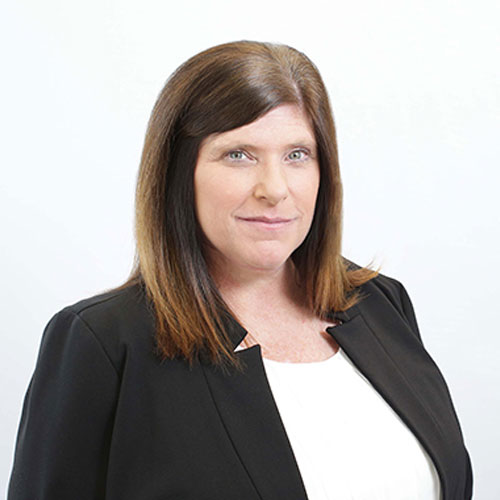
Jody Levison-Johnson
President and CEO
Social Current
Panelists
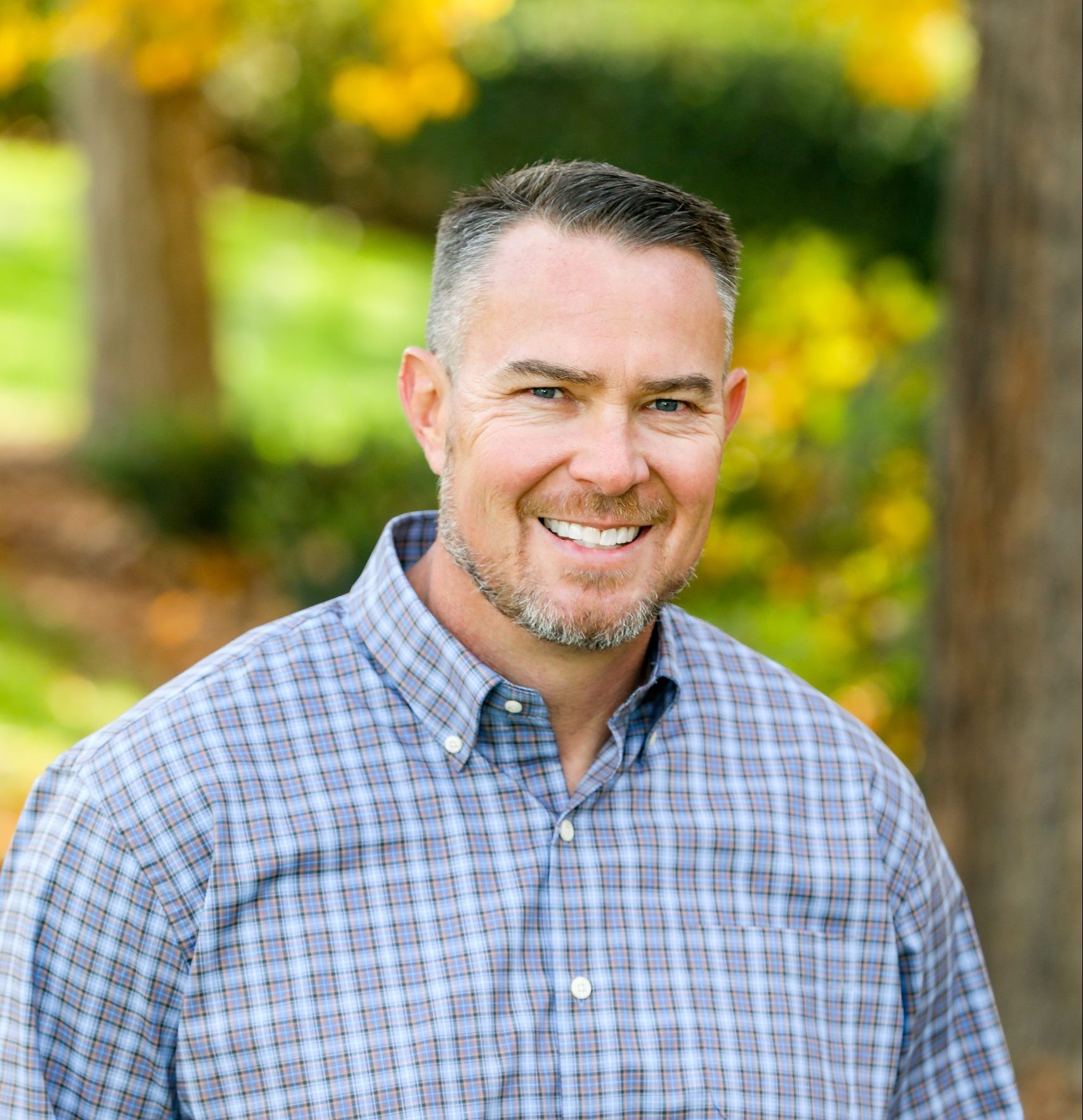
Will Jones
CEO
Thompson
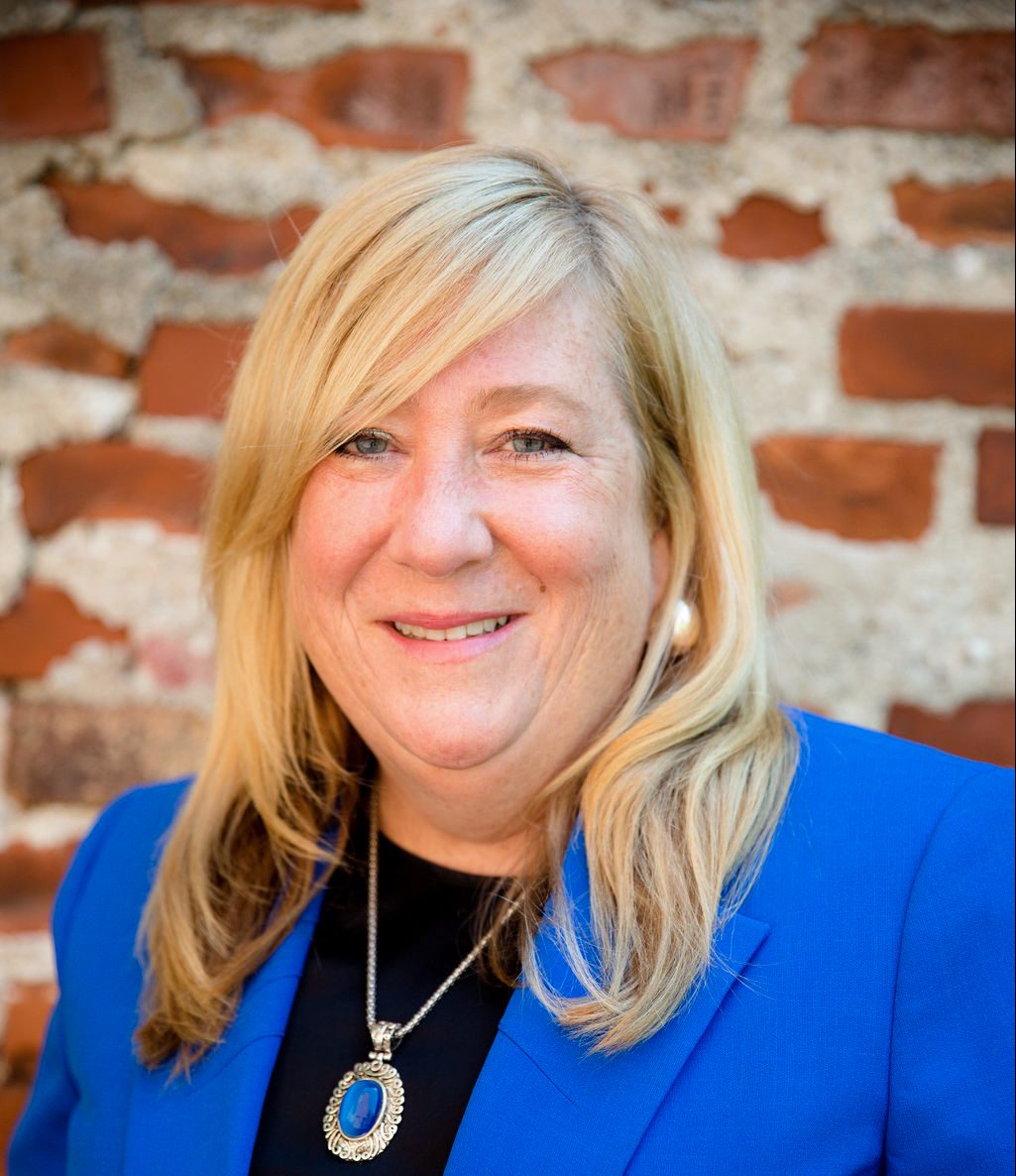
Margaret Holland McDuff
CEO
Family Service Rhode Island
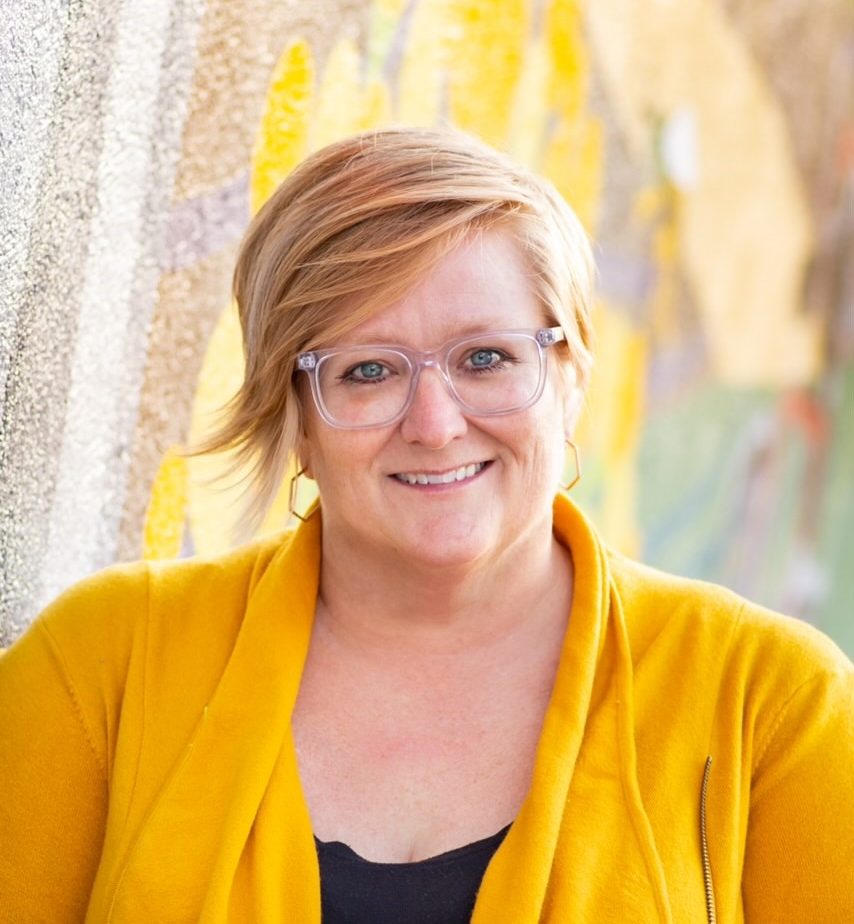
Kirsten Olson
CEO
Children & Families First Delaware
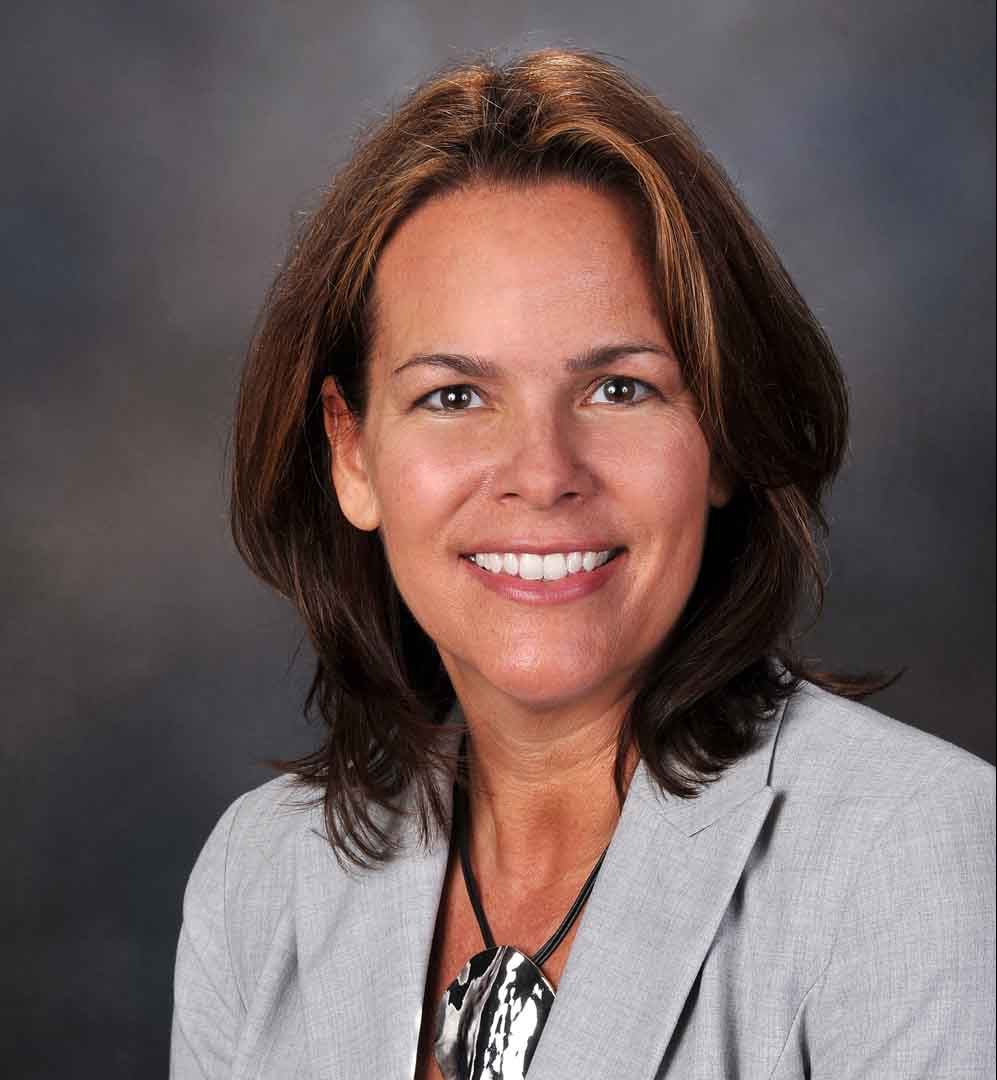
Andry Sweet
President and CEO
Children’s Home Society of Florida
Related Events
October 13, 2022 @ 12:00 pm – 1:00 pm EDT
The services and supports being offered through health and human service community-based organizations (CBOs) are increasingly included in health plans (MCOs, commercial insurance). These services and supports address many factors that contribute to a person’s overall well-being—including and beyond physical health. It is important that CBOs are seen as vital partners by health plans for their ability to help design, coordinate, and deliver services, as well as ensure the individuals in their communities receive holistic care that addresses the individual’s overall health and well-being.
Today, most CBOs need to work with health plans and the designated MCOs in their areas as part of their service delivery network. This webinar is designed to provide an executive overview of the changing role of health plans in the health and human service sector, so CBOs are better equipped to understand the landscape and their own role. It also will cover the organizational competencies needed to partner and participate with managed care and in the changing health plan reimbursement models.
This session is part of Social Current and OPEN MINDS’ collaboration on organizational value-based reimbursement competency assessment and preparedness.
Takeaways
- The changing role of health plans in the health and human service sector
- Organizational competencies important for partnering with health plans
- Opportunities through Social Current and OPEN MINDS to support your preparation
Who Should Participate
- Executives
- Program directors
- Quality managers
Presenter
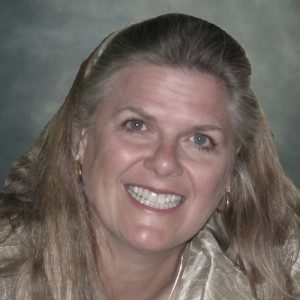
Monica E. Oss
CEO
OPEN MINDS
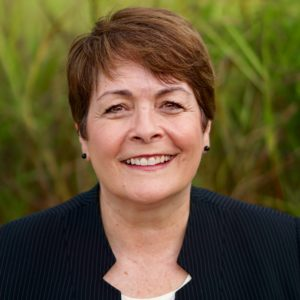
Kimberly Bond
Executive Vice President
OPEN MINDS
Related Events
November 9, 2022 @ 12:00 pm – 1:30 pm EST
This training webinar will first explore basic media engagement techniques, including responding to media inquiries, moving to a more proactive approach to media engagement, understanding media terminology, and engaging in social media platforms.
The second half will focus on crisis communications for communications strategies geared toward child welfare organizations. It will cover common types of crises, how to prepare ahead of time, and tips for activating your crisis plan.
Takeaways
- How to effectively respond to media inquiries
- How to engage in more proactive media engagement activities with a goal of shaping media messages
- A strong understanding of the processes that guide media engagement
- A set of processes for managing crisis communications
- A set of tools that enable media engagement
Who Should Participate
- Communications directors and executives and public information officers who are tasked with responding to media inquiries and developing and implementing media strategies for their organizations, agencies, and jurisdictions.
Presenters
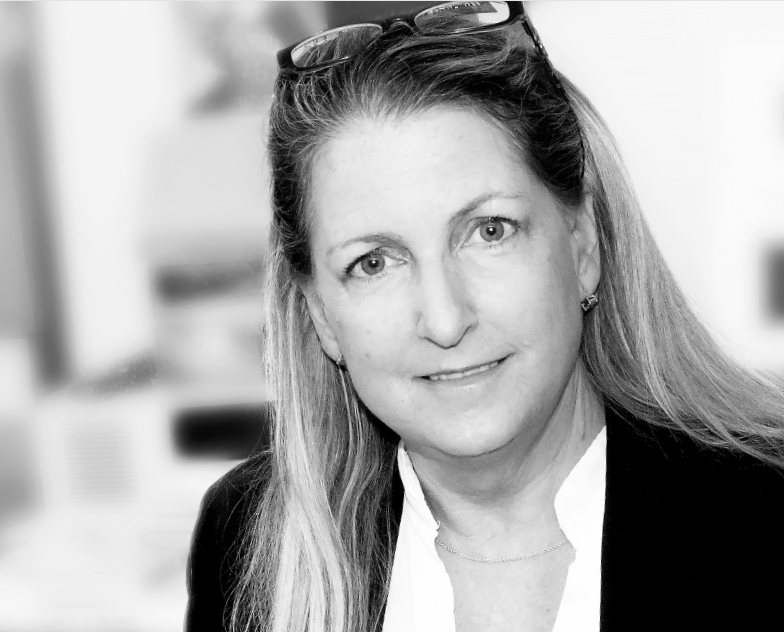
Jennifer Devlin
Communications Consultant
Social Current

Kasey Iranon
Senior Account Executive
RALLY

Jared Robinson
Account Executive
RALLY
Related Events
October 5, 2022 @ 12:00 pm – 1:00 pm EDT
The services and supports being offered through health and human service community-based organizations (CBOs) are increasingly included in health plans (MCOs, commercial insurance). These services and supports address many factors that contribute to a person’s overall well-being—including and beyond physical health. It is important that CBOs are seen as vital partners by health plans for their ability to help design, coordinate, and deliver services, as well as ensure the individuals in their communities receive holistic care that addresses the individual’s overall health and well-being.
Today, most CBOs need to work with health plans and the designated MCOs in their areas as part of their service delivery network. This webinar is designed to provide an executive overview of the changing role of health plans in the health and human service sector, so CBOs are better equipped to understand the landscape and their own role. It also will cover the organizational competencies needed to partner and participate with managed care and in the changing health plan reimbursement models.
This session is part of Social Current and OPEN MINDS’ collaboration on organizational value-based reimbursement competency assessment and preparedness.
Takeaways
- The changing role of health plans in the health and human service sector
- Organizational competencies important for partnering with health plans
- Opportunities through Social Current and OPEN MINDS to support your preparation
Who Should Participate
- Executives
- Program directors
- Quality managers
Presenter

Monica E. Oss
CEO
OPEN MINDS

Kimberly Bond
Executive Vice President
OPEN MINDS
Related Events
November 11, 2021 @ 11:00 am – 12:00 pm EST

To be a successful leader in today’s operating environment of rapid and unpredictable change, it’s important to strengthen personal and professional competencies. Using Social Current’s rEvolutionary™ Leadership model enables senior and executive leaders to go beyond the everyday management of programs and services to address adaptive and systems challenges for lasting change.
What makes rEvolutionary Leadership unique from other leadership development models?
rEvolutionary™ Leadership provides a deep dive into four individual capacities that are then applied to integrated and inclusive strategies that can transform organizations into high-impact innovators:
- Cognitive Capacity. The conscious, intellectual ability to anticipate, perceive, understand, and analyze environmental factors that drive the need for change.
- Emotional Capacity. The ability to emotionally process environmental factors that might lead to change and to experience the resulting empathy, passion, courage, and resolve that motivate the leader to work for change.
- Spiritual Capacity. The ability to clearly envision a better future that can be brought about through change, as well as the will to believe that achieving that future state is not only attainable but a moral obligation; it is the response to a higher calling or purpose.
- Behavioral Capacity. The ability to foresee and implement the tangible, observable, and measurable actions that will set change in motion; it is the action and management portion of leadership.
As leaders continuously invest in these capacities, they are further enabled to manage and lead meaningful change, which flows through the self, team, organization, and communities and into the larger ecosystem of leaders, teams, organizations, and communities.
- Increase understanding of the rEvolutionary Leadership Model
- How to be an inclusive leader
- Increase knowledge of adaptive leadership skillset
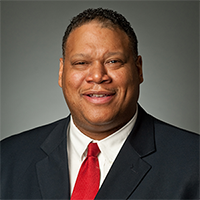
Undraye Howard
Senior Director and Special Advisor to the CEO for Equity, Diversity, Inclusion, and Engagement, Social Current
Tom Woll
Facilitator, Strategic Change Initiative

